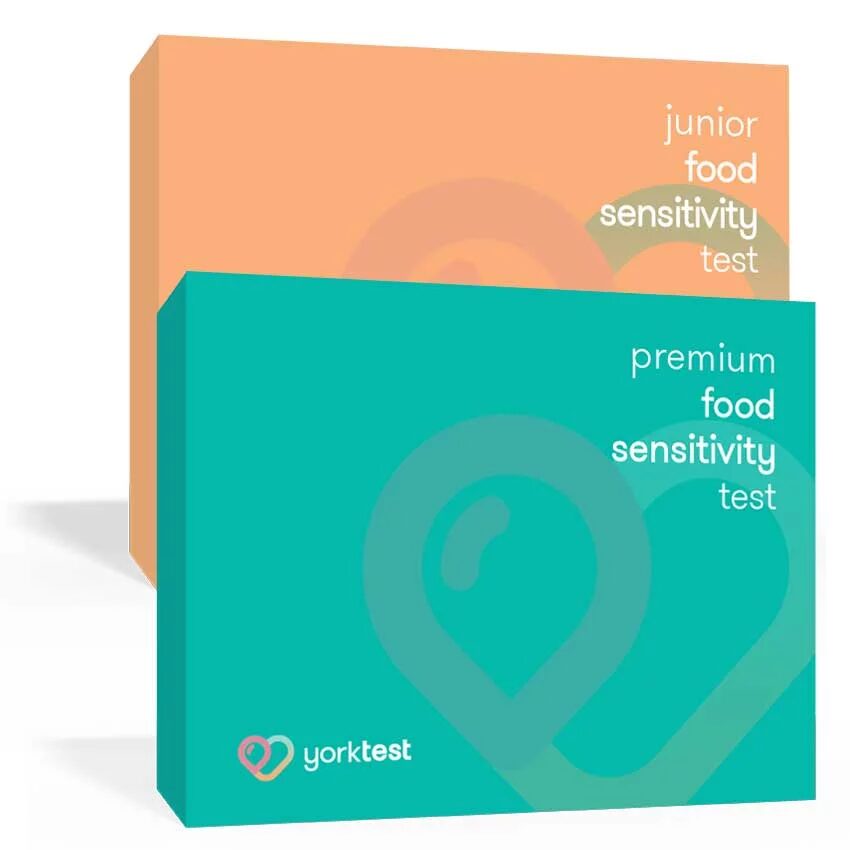

Mental Health
For most people, stress is inevitable in certain stages of life – starting a new job, buying a house, leaving home for university.
For some, however, a high level of stress can be a daily battle, leading to anxiety or depression.
Can Food Trigger Anxiety Or Stress?
Symptoms of anxiety include:
- a rapid heartbeat
- a sense of dread
- feeling dizzy or light-headed
- grinding your teeth, especially at night when you’re sleeping
- headaches
- pins and needles
- changes in your sex drive
- feeling restless or unable to sit still
- hot flushes
It’s worth noting that anxiety can be a symptom of depression. If you feel as though you’re currently experiencing a high level of emotional stress in your life and you’re concerned you may have depression, it’s worth checking in with your medical practitioner to talk to them about your current well-being. It may feel daunting to open up but be assured that they will have the knowledge and support to help you.
Symptoms of depression can be especially complex. However, they can include:
- feeling anxious or worried
- continuous low mood or sadness
- feeling tearful
- having suicidal thoughts or having the urge to harm yourself
- not getting any enjoyment through the hobbies you used to once love
Why Yorktest









